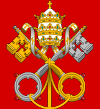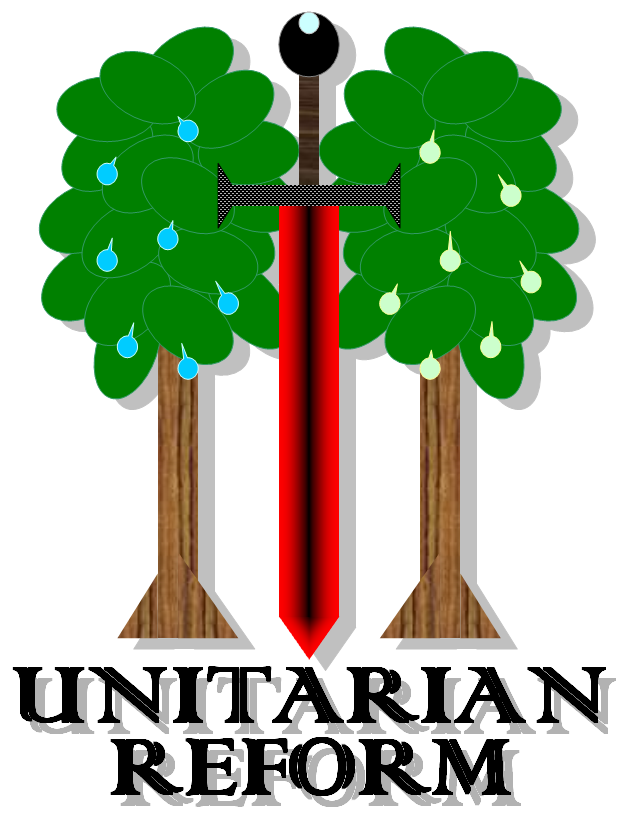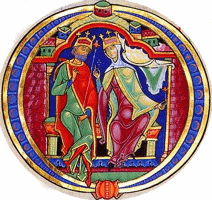AUR Soars on Palm Sunday’s Idiomatic Creed Homily
 After taking a brief dip during February, the American Unitarian Reform zoomed to over twice its normal readership in March!
After taking a brief dip during February, the American Unitarian Reform zoomed to over twice its normal readership in March!
Most of the gains were due to the Palm Sunday homily explaining how Reform Unitarianism’s idiomatic (rather than dogmatic) creedalism clarifies the purpose of religion and allows us to see the good and truth in other religions.
However, there was also significant interest in the homilies on homosexuality, the history of Unitarian Universalism, and the ancient origin of celibacy, authoritarianism, Trinitarianism, and sectarian hostility.
We would like to thank the readers who took the time to read our homilies, and especially those who shared them on Facebook, Twitter, and by email.
God bless!

 Reform Unitarianism feels a particularly close kinship with the Roman Catholic Church, despite that it is the institution that adopted the apostasy of Trinitarianism. Roman Catholicism retains the sense of the ancient pedigree of Christianity, which more recent off-shoots (which nevertheless imagine themselves reformatory) fail to project.
Reform Unitarianism feels a particularly close kinship with the Roman Catholic Church, despite that it is the institution that adopted the apostasy of Trinitarianism. Roman Catholicism retains the sense of the ancient pedigree of Christianity, which more recent off-shoots (which nevertheless imagine themselves reformatory) fail to project. Palm Sunday commemorates the day Jesus entered Jerusalem on the back of a colt (or donkey) with throngs of Messianic enthusiasts paving the way with palm fronds. Celebrations of this holiday therefore often include palms.
Palm Sunday commemorates the day Jesus entered Jerusalem on the back of a colt (or donkey) with throngs of Messianic enthusiasts paving the way with palm fronds. Celebrations of this holiday therefore often include palms. Earlier this year, a
Earlier this year, a  In America’s capital, gay marriage is now legal, highlighting the role of religion in the struggle for homosexual rights.
In America’s capital, gay marriage is now legal, highlighting the role of religion in the struggle for homosexual rights. During this Lenten season leading up to
During this Lenten season leading up to  Although not an official AUR holiday, today we honor St. Polycarp, who was martyred at the age of 86 or older on February 23rd at some point in the mid-2nd Century for refusing to light incense to the Roman Emperor. He was first set on fire, then stabbed to death.
Although not an official AUR holiday, today we honor St. Polycarp, who was martyred at the age of 86 or older on February 23rd at some point in the mid-2nd Century for refusing to light incense to the Roman Emperor. He was first set on fire, then stabbed to death. Typically, Reform Unitarianism avoids the veneration of the cross, so it may seem strange for RU’s to join the rest of Christianity in the Ash Wednesday ritual.
Typically, Reform Unitarianism avoids the veneration of the cross, so it may seem strange for RU’s to join the rest of Christianity in the Ash Wednesday ritual. Today is Music Thursday, the
Today is Music Thursday, the